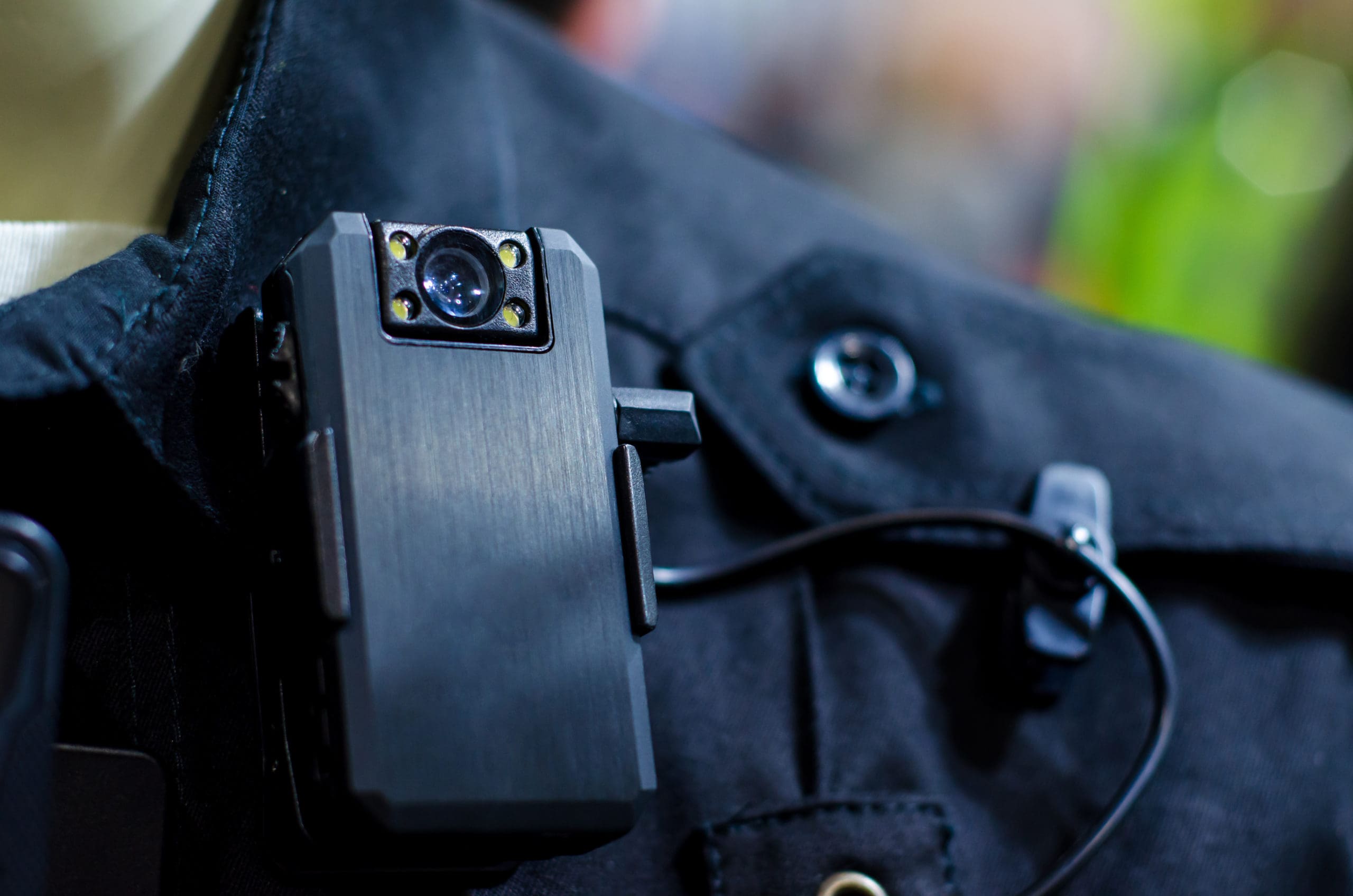You can watch or listen to the full podcast interview above. If you prefer to listen on-the-go, you can download the podcast to your mobile device on iTunes and Spotify! Make sure to follow or subscribe on your platform to be alerted of the latest episodes as soon as they become available.

Campus Safety Voices, available on Spotify and Apple streaming platforms, features timely conversations on a wide range of topics affecting K-12 schools, institutions of higher education, and healthcare facilities.
Police and security departments across the country have adopted body-worn cameras, but there are special challenges in using this type of technology in healthcare settings, such as compliance with the Health Insurance Portability and Accountability Act (HIPAA).
One organization that has adopted body-worn cameras is Piedmont Healthcare in Athens, Georgia. In this interview, Piedmont’s Director of Public Safety Mike Hodges, who is also one of this year’s Campus Safety Director of the Year finalists, discusses how his department went about adopting this technology and why they adopted it.
“The body-worn camera became an obvious, exceptional tool, not only from a de-escalation standpoint, but also from a liability protection standpoint and from a professional development standpoint,” he said. “It gives us valuable information on how to debrief and improve.”
All of Piedmont Healthcare’s public safety officers are required to wear body-worn cameras, but what surprised Hodges was the fact that officers didn’t require much training on how to use them.
“It actually was not as difficult as I thought,” he said. “We went with the Axon cameras, and the training turned out to be much more intuitive, and the use of the device turned out to be much functionally easier than I expected. We just rolled that training into our regular Taser certification process because of the interconnectivity between the devices. It’s been pretty straightforward.”
In his interview, Hodges also discusses who was involved in the decision to adopt the body-worn cameras, the policies Piedmont Healthcare developed for officer use of them and the results of his department’s use of this technology.
Additionally, he provides some helpful tips to other healthcare organizations looking to adopt body-worn cameras.
[promo_content slug=”2021-csc-texas-doy-promo”]









